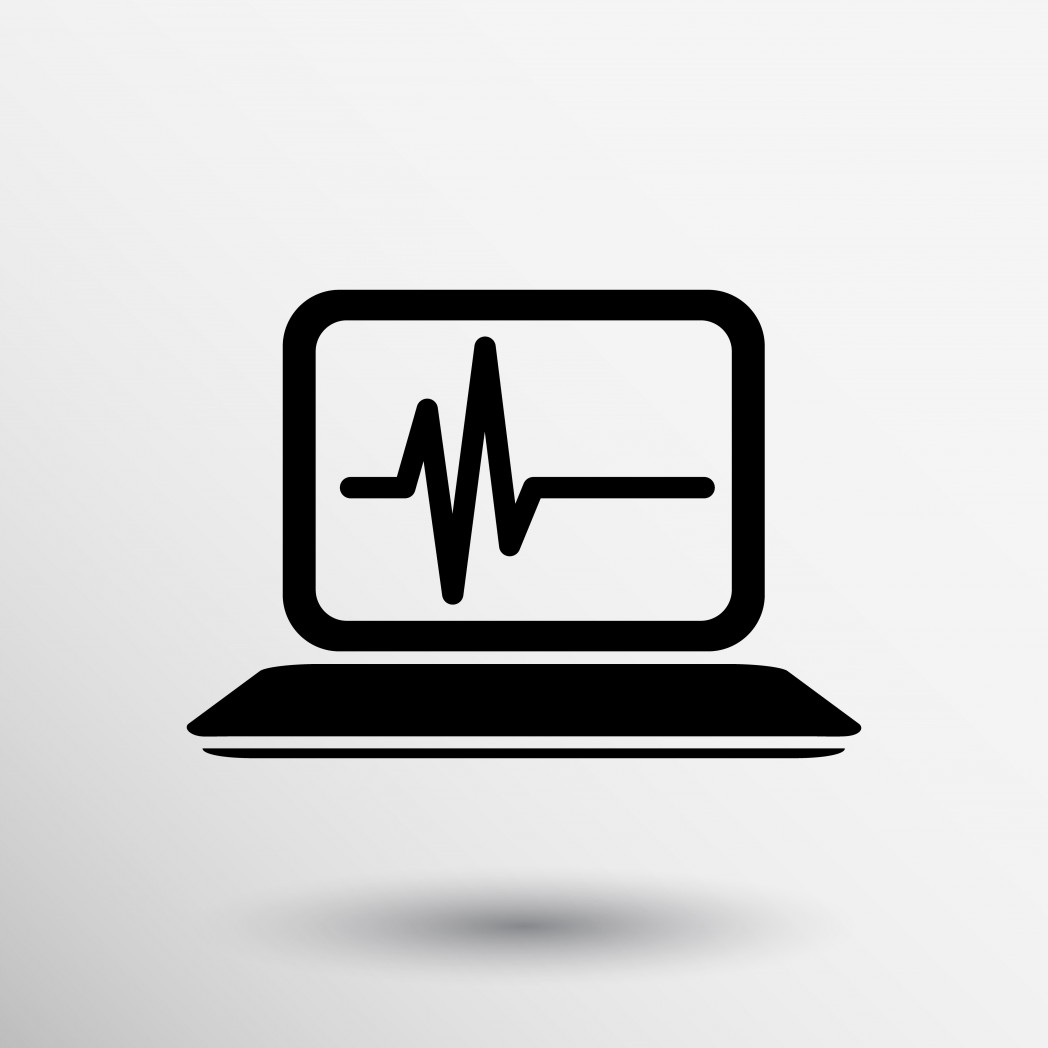Molecular Stethoscope Working to Validate a Diagnostic Test for ALS and Other Diseases

Molecular Stethoscope, Inc., announced it is working with 23 U.S. academic and medical institutions to further validate its blood-based early diagnostic and disease monitoring tests for hard-to-detect conditions, including amyotrophic lateral sclerosis (ALS) .
The San Diego, California-based, company has developed proprietary technology that uses circulating cell-free RNA (ribonucleic acid) in the blood to monitor organ damage. The approach, it said in a press release, allows for a dynamic assessment of healthy and disease states, through real-time ‘snapshots’ of organ health. The tests are reported to be fast, accurate and non-invasive, and the company thinks they have the potential to transform diagnosis and drug development for a number of diseases.
“Molecular Stethoscope’s collaborations will allow us to gain valuable information about disease states through analysis of blood from a wide spectrum of disease stages and conditions,” Tina S. Nova, PhD, Molecular Stethoscope’s president and chief executive officer, said in the release.
Over 700 plasma and serum patient samples, supplied by the institutions, will be used in the first phase of the collaboration to continue validating the company’s RNA-based molecular diagnostics. Samples were collected from patients with diseases including ALS, Alzheimer’s, multiple sclerosis, Parkinson’s and Huntington’s, as well as non-alcoholic fatty liver disease. They will all be used to provide disease insights and to understand their impact on the cell-free transcriptome — RNA sequences that alter in response to a particular illness or treatment.
“We are honored to work with renowned institutions across the U.S. to further our development of clinically actionable tests to improve patient health,” said Jonathan Aballi, Molecular Stethoscope’s head of Laboratory Operations.
Researchers created a mobile cart device allowing people to communicate via laptops by eye movement alone. The device was designed with severely disabled tetraplegic patients in mind, but it may also help those with decreased upper extremity and hand function, like that caused by amyotrophic lateral sclerosis (ALS), to more easily work with a computer.
The device secures both a laptop and the Tobii system, a thin, eye-controlled device that uses infrared technology to perform the same function as a computer’s mouse, above a patient’s bed to allow communication.






